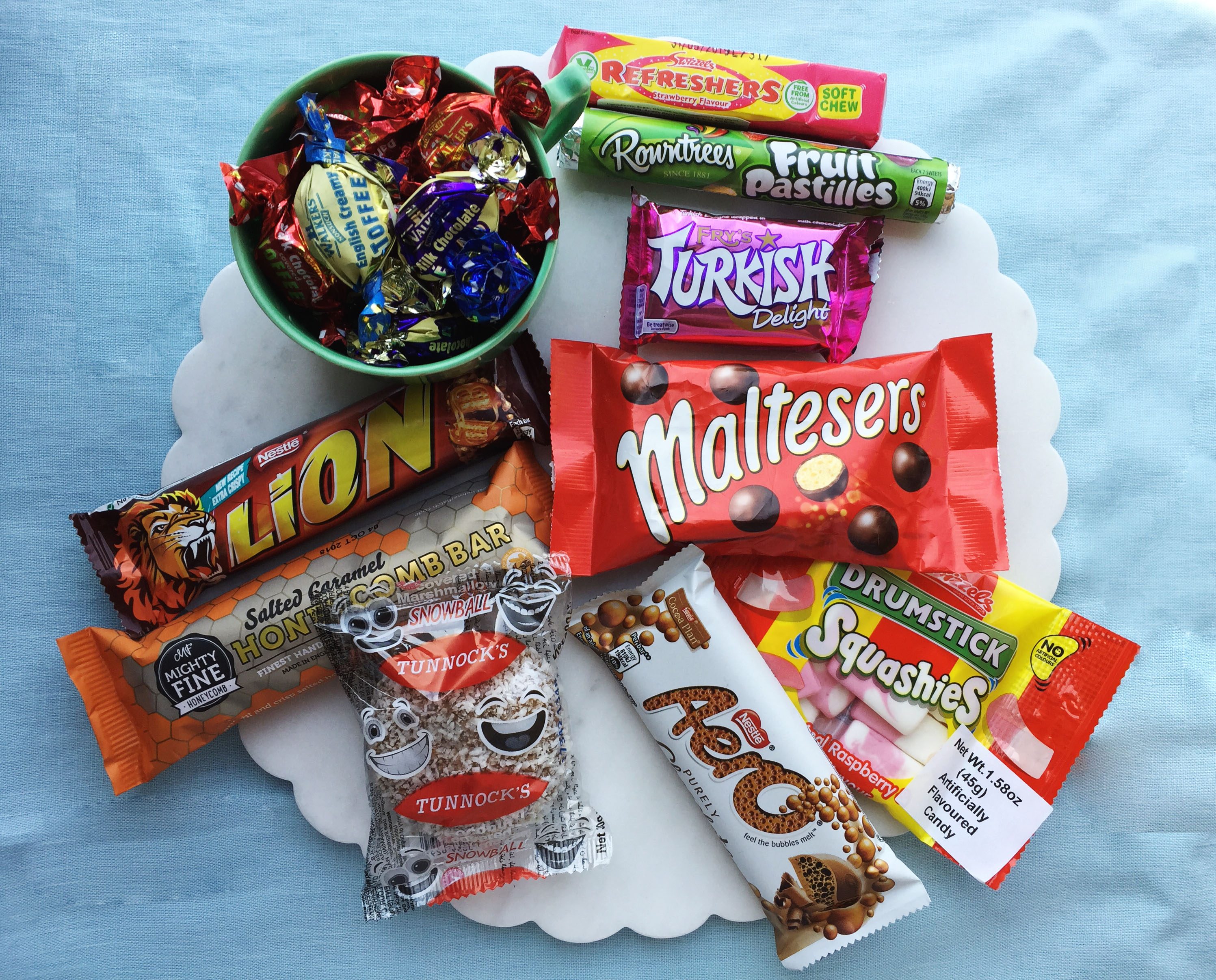As a parent of two primary school children, I know too well the sentiment around children and sugar rushes or sugar highs.
At any birthday party, parents will agree that when our children are running around like wild animals they’ve had too much sugar. But are we jumping to the wrong conclusion?
Turns out, sugar rushes aren’t real
Kate Di Prima is a Brisbane dietitian and spokesperson for Dietitians Australia, and says many parents are convinced sugar causes their children to have tantrums and become out of control. But, she says, the evidence shows sugar rushes are a myth. In one experiment, parents were asked to judge whether their children had been given a sugary snack or a non-sugary snack. As they watched their children play, most parents mistakenly thought their child had eaten the sugary snack. “Sugar rushes have been debunked time and time again,” Ms Di Prima says. Yet, the misconception prevails. Could something else be going on?
Why are our children going troppo?
When parents talk about the sugar effect, Ms Di Prima normally also hears the word “party”. “They had the lollies in a social situation, when the children were in an excitable state,” she says. Caroline Hunt, head of the Clinical Psychology Unit at the University of Sydney and president of the Australian Clinical Psychology Association, says it may be a classic case of mistaking correlation for causation. In other words, when two things happen at the same time — in this case, lollies and hyperactivity — it doesn’t necessarily mean they’re related. “Just because the two things occur together doesn’t mean that the sweets caused the behaviour,” Dr Hunt says. She says we tend to want to see patterns in the world, and this can keep us out of danger, such as learning not to eat foods that make us sick. “As for younger children seeming hyperactive at parties, it is likely due to the excitement (maybe overexcitement) and perhaps a bit of sensory overload,” Dr Hunt says. However, Ms Di Prima advises that additives, like food colouring, can have an effect on some children — but this is uncommon.
Not a green light for sugar
The fact that a sugar high is a misconception doesn’t mean we should let our children eat loads of sugar — too much isn’t good for any of us. High-sugar diets increase our risk of chronic disease, including heart disease and type 2 diabetes. Diets high in sugar may also increase the risk of dementia. Foods that are highly processed and high in sugar may also mean children aren’t getting enough nutrient-rich food. “Highly refined sugary foods generally are non-nutrient,” Ms Di Prima says. “Meaning they don’t provide anything except instant fuel that doesn’t last very long. “Within the hour, there’s a drop in blood sugar and this can make you feel tired.” Ms Di Prima points out that many adults find themselves reaching for a highly refined sugary snack as they start to feel an afternoon slump in energy. I can relate: I find myself eating a row (or two) of chocolate most afternoons. But if you’re after energy as opposed to a delicious treat, Ms Di Prima recommends sourcing carbohydrates from nutrient-rich foods such as fruit, starchy vegetables, and some dairy products. These provide a range of nutrients like protein, fibre and calcium while also giving you that vim you’re in need of.
The hyperactivity will ease
The good news is, most children outgrow the “sugar rush” effect. Their hyperactivity at parties should settle down as they age, according to Dr Hunt. “Younger children have not yet developed the cognitive and emotional skills of self-control, which then can make their behaviour when excited look like hyperactivity,” she says. “Self-control is a complex skill that doesn’t really fully develop until young adulthood. “Some children may take longer
to develop this than others.”
- KATE DORRELL is an awardwinning communications professional specialising in physical and mental health. She has 20 years’ experience in media. The views expressed are the author’s and do not reflect the views of this newspaper.



